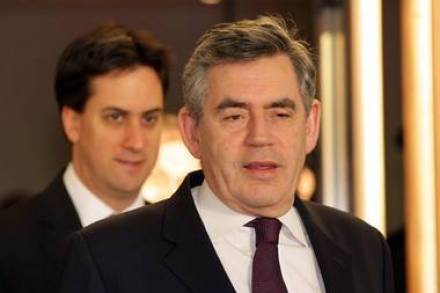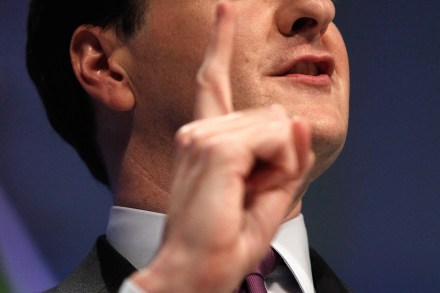From the archives: Brown, the opera
Perfect for Friday evening is this: the Gordon Brown-themed version of Ko-Ko’s ‘little list’ from The Mikado that Jeff Randall wrote for us back in 2007. The chorus should be sung, according to Jeff, by three people who have been quite prominent this week: Ed Miliband, Ed Balls and Yvette Cooper… The clunking fist, Jeff Randall, The Spectator, 3 March 2007 Britain doesn’t do Lord High Executioners, but if it did, Gordon Brown would probably be the best in the world. The prospect of the Chancellor in this role occurred to me while listening again to Gilbert & Sullivan’s masterful satire, The Mikado. Ko-Ko makes his entrance with ‘a little




















